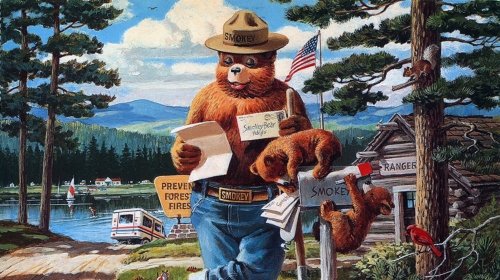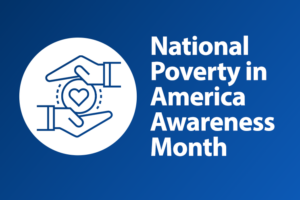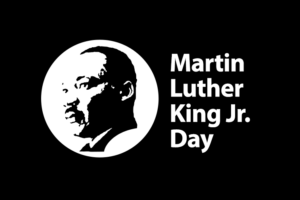Sarah Ford | September 29, 2014
Smokey Says, Get a Permit, Shutterbug
By Gabe Rottman
Well, sort of.
First Amendment advocates have expressed escalating concern in recent days over a U.S. Forest Service rule requiring permits for photographers in national forests. In particular what is at issue is a new proposed Forest Service regulation that attempts to clarify and make permanent an already existing permit requirement for certain photographers.
Many news reports, such as this one in the Washington Post, suggest that the requirement applies to all photography and filming—including mobile phone pictures and news-gathering—on all national forest land, and will impose a $1,500 fee per permit. By contrast, Forest Service Chief Tom Tidwell told the Associated Press that nothing in the regulation “infringe[s] in any way on First Amendment rights” and that permits will not be required for “any part of the news.” Earlier this week, service officials had said permits would be required for anything other than “breaking news.”
I’m not sure either the news reports or Chief Tidwell are getting it quite right. And, although the governing regulations and laws are far from a model of clarity, I think by any reading the proposed regulation still raises a number of important free speech issues, which I’ll get to once I parse what appears to be going on.
First, the permitting regulation has been on the books for about four years but some reports suggest it was unenforced, or at least selectively enforced. The recent proposal, released in early September, would tack on additional criteria to the current framework for deciding whether to issue a permit (, which can be found in section 45.51b in this chapter of the Forest Service Handbook).
According to the handbook, permits are required for two types of activities. You need a permit for “commercial filming,” regardless of where it occurs. And you need a permit for “still photography” that requires props, sets, or models; could impose administrative costs on the Forest Service; or takes place at a location where the public is normally not allowed.

Get Resources and Insights Straight To Your Inbox
Explore More Articles
Open Position: Customer Service Coordinator (Remote-Part Time)
Position Title: Customer Service Coordinator (Remote – Part Time) Department: Charitable Funds Management Solutions We are a non-profit charitable organization looking for skilled individuals who…
Read ArticleGet Resources and Insights Straight To Your Inbox
Receive our monthly/bi-monthly newsletter filled with information about causes, nonprofit impact, and topics important for corporate social responsibility and employee engagement professionals, including disaster response, workplace giving, matching gifts, employee assistance funds, volunteering, scholarship award program management, grantmaking, and other philanthropic initiatives.




